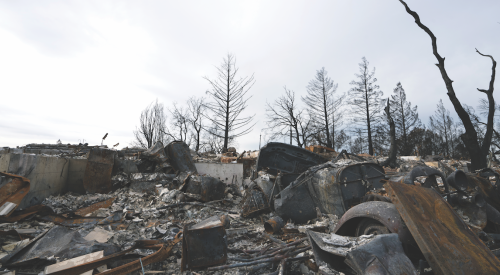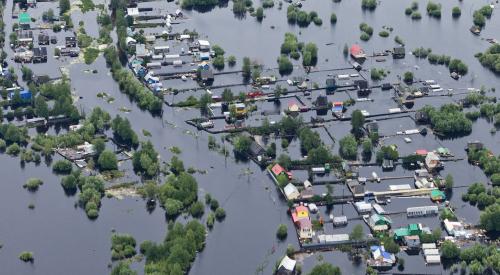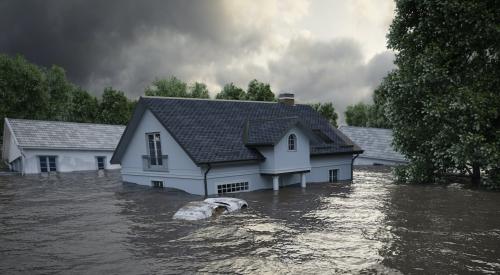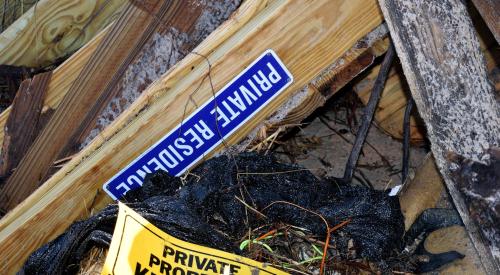Baton Rouge, La., is the site of a new research center, The Water Campus, created after the devastation of Hurricane Katrina, and dedicated to predicting and preparing for the next flood.
Justin Ehrenwerth, president and CEO of the Water Campus nonprofit Water Institute, explains, “We look at every aspect of the coastal set of challenges: the ecosystem, environmental stressors, what it means for the people, the economies...” Meanwhile, Baton Rouge is experiencing a construction boom, with the number of permits nearly doubling over the past five years. Jeff Hebert, former chief resilience officer of New Orleans, says that while many developers are taking heed of this science, they are not yet incentivized to invest in resilient building, “Because insurance is still covering it. You can still get financing to build the product." Yet, he tells CNBC, financial institutions are taking note of the long-term impacts of climate change as it pertains to their investment portfolios.
John Davies is a local real estate developer and also CEO of Baton Rouge Area Foundation, which is working to fund the Water Campus. “If we don't deal with the issue of water rise and the loss of land in South Louisiana, there will be no South Louisiana,” said Davies. He says the institute is already paying off, not just for Baton Rouge, but for communities, infrastructure and economies up and down the Mississippi. “What we didn't realize would happen as a result of the floods is that, the Water Institute of the Gulf developed a methodology to be able to predict inland flooding. And they have the sole model to do that in the country,” he added.












